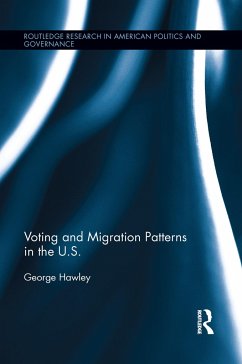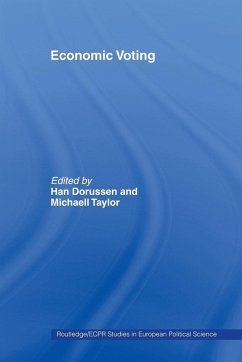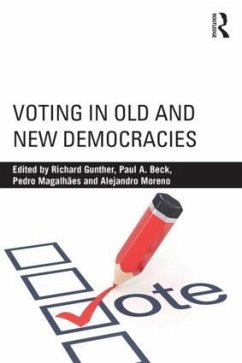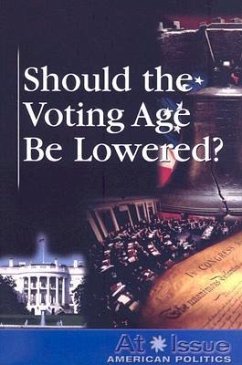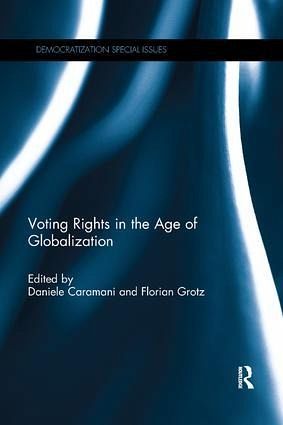
Voting Rights in the Age of Globalization

PAYBACK Punkte
30 °P sammeln!
This book discusses how the extension of voting rights beyond citizenship (i.e., to non-national immigrants) and residence (i.e., to expatriates) can be interpreted in the light of democratization processes in both Western countries and in developing regions. It does so by inserting the globalization-specific extension of voting rights to immigrants and expatriates within the long-term series of historical waves of democratization. Does the current extension enhance democracy by granting de facto disenfranchised immigrants and emigrants political rights or does it jeopardize the very functioni...
This book discusses how the extension of voting rights beyond citizenship (i.e., to non-national immigrants) and residence (i.e., to expatriates) can be interpreted in the light of democratization processes in both Western countries and in developing regions. It does so by inserting the globalization-specific extension of voting rights to immigrants and expatriates within the long-term series of historical waves of democratization. Does the current extension enhance democracy by granting de facto disenfranchised immigrants and emigrants political rights or does it jeopardize the very functioning of democracy by undermining its legitimacy through the removal of territorial and national boundaries? The book offers a preliminary synthesis in a broad comparative perspective covering both alien and external voting rights in Europe, Sub-Saharan Africa and Latin America. It shows that reforms toward more expansive electorates vary considerably and that their effects on the inclusion of migrants largely depend on the specific regulations and the socio-political context in which they operate. The book was originally published as a special issue of Democratization.





